1. Who was Arnaldus de Villanova?
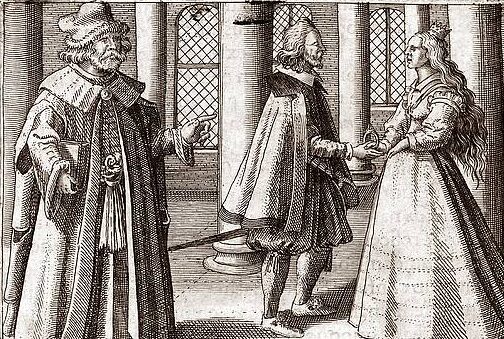
Arnaldus de Villanova (c.1240-1311) was a renowned Catalan physician, theologian, diplomat and alchemist who made significant contributions to the development of medicine and spirituality in medieval Europe. An influential figure in the courts of kings and popes, Arnaldus pioneered a holistic approach to health and healing that synthesized insights from Hippocratic-Galenic medicine, Christian theology, Kabbalah, hermeticism and alchemy. At the heart of his thought was a conviction in the intimate connection between the physical and spiritual dimensions of the human being, and a belief that true medicine must address both body and soul. This essay will examine Arnaldus’ key ideas regarding the spiritual aspects of disease and wellness, the elixir of life, apocalypticism, and the transmutation of the soul. It will explore the relevance of his integral vision for contemporary understandings of health and the potential future evolution of the human being.
2. Medicine of the Body and Soul
2.1 Physical and Spiritual Dimensions of Disease
For Arnaldus, health and disease were not merely biomedical phenomena, but had crucial psychospiritual components. He believed that sin, vice and negative mental states could have direct impacts on bodily health, while spiritual wholeness and virtuous living promoted physical well-being. In his medical writings, Arnaldus stressed the importance of attending to a patient’s mind, emotions and moral/spiritual state as well as their bodily symptoms and humoral balance. Treatments aimed at rectifying the “accidents of the soul” and cultivating positive affect and devotion were key to his therapeutic approach.
This perspective allowed Arnaldus to propose innovative psychological and self-reflective methods as complements to standard medical procedures like bloodletting, dietary adjustment and herbal remedies. For instance, he recommended meditative techniques, prayer, confession, charitable works and philosophical contemplation as means to purify the mind, elevate the emotions and treat psychospiritual ills like acedia (dejection) and ira (anger). By integrating spiritual praxis with medicine, Arnaldus sought to treat the whole person in depth.
2.2 The Elixir and the Prolongation of Life
The idea of a medicinal elixir or “panacea” that could cure diseases, prolong life and even bestow physical immortality was widespread in the medieval alchemical and medical traditions. Arnaldus discussed the potential existence of such an elixir vitae in several works, and may have carried out experiments to discover it. For him, the elixir would work by perfecting the balance of elements and humors in the body and preserving the body’s innate moisture and vital heat. But more than just a physical cure-all, Arnaldus envisioned the elixir as a “spiritual medicine” that, in conjunction with prayer and meditation, could help to purify the soul and unite it with the divine. The goal was not merely to extend earthly life, but to transmute the initiate into an angelic, deathless solar body.
Arnaldus’ quest for the elixir, with its synthesis of medical, alchemical and soteriological aims, points to a belief in the human potential for indefinite lifespan and the spiritualization of the flesh. He saw aging and mortality not as inevitable constraints but as transformable conditions. This “Hermetic” vision of human perfectibility through spiritual science is one of Arnaldus’ most provocative and prescient ideas, resonating with both ancient traditions and contemporary aspirations.
3. Apocalypticism and Spiritual Transmutation
3.1 Apocalyptic Prophecy
Like many of his contemporaries, Arnaldus lived in the shadow of apocalyptic expectations. Based on calculations from biblical chronology, he believed that the world could end and the reign of Antichrist begin as soon as 1378. His treatise De adventu Antichristi (“On the Coming of the Antichrist”) warned of the imminent tribulations facing the church and Christendom. But for Arnaldus, the apocalypse was not only a catastrophe but an opportunity for spiritual transmutation and renewal. He believed that just as alchemical base metals could be perfected into gold, so could the human soul be utterly transformed and deified in the crucible of the end-times.
Arnaldus’ apocalypticism was rooted less in fatalism than in a conviction that a “new age” of spiritual fulfillment was dawning. He held that the coming trials would purify the church, “separate the chaff from the wheat,” and catalyze an unprecedented outpouring of the Holy Spirit. Those who underwent the inner “alchemy” of sanctification would help to usher in a millennial era of peace, wisdom and unity. This hopeful vision imbued the traditional medieval Apocalypse with a “new age” flavor, anticipating Renaissance Hermeticism and Modern Esotericism.
3.2 Transmutation and Theosis
The keystone of Arnaldus’ spiritual teaching was the idea of theosis or deification – the transformation of the soul into likeness to God. He saw the perfection of the individual as a microcosm of the perfection of the whole church and cosmos in the eschaton. Drawing on a long Christian mystical tradition, Arnaldus taught that just as Jesus Christ united human nature with the divine, so could each person experience divine union by following Christ’s path of death and resurrection. In his medical and alchemical works, he used the symbolism of transmutation – the conversion of base metals into gold – as an analogy for the transfiguration of fallen, mortal human nature into spiritual, angelic gold.
For Arnaldus, the process of theosis involved a comprehensive purification and metamorphosis of body, soul and spirit – an inner “alchemy” requiring both transcendent grace and intense spiritual practice and mortification. The aspirant must pass through a descending, dissolutive “black” stage of purgation, self-abnegation and ego-death, followed by an ascending, coagulative “white” and “red” phases of illumination and glory leading to the “Philosophers’ Stone” of divine union. Arnaldus saw this as the true “medicine” that alone could fully heal the soul’s ills and confer the “quality of heaven.”
4. Implications for Integral Health and Healing
Arnaldus’ thought offers a rich resource for re-imagining a holistic, spiritually-informed approach to health and medicine. His key ideas – the spiritual dimensions of disease, the alchemical perfection of the body, the transformative potential of apocalyptic times, and the deifying transmutation of the soul – resonate powerfully with emerging integral and transpersonal perspectives. Arnaldus’ conviction that the human being is a psychosomatic and psychospiritual totality, a microcosm intimately connected to the divine, provides a framework for understanding health as rooted in the interplay of physical, psychological, and spiritual factors.
This suggests that true well-being requires attending to the whole person – body, mind, soul and spirit – in their social and cosmic context. It implies reincorporating spiritual practices such as contemplative awareness, nonjudgmental presence, mindful breathing, prayer, and active imagination into healthcare. Arnaldus’ meditations on the elixir of life, meanwhile, point to the open-ended potential for radically extending the lifespan and transforming the body-mind through psychophysical and alchemical means. This idea synergizes with remarkable recent findings on epigenetic reprogramming, stem cells, regenerative medicine, aging clocks, nanotechnology and artificial intelligence.
But beyond this, Arnaldus’ mysticism of theosis through the “dark night” of dissolution and the alchemical “peacock’s tail” of colorful rebirth, suggests that integral healing leads ultimately to a transhuman condition of deification, a divinized embodiment. This may be seen as the true “gold” that apocalyptic times, in all their destructive and redemptive extremity, have the potential to catalyze – the Philosopher’s Stone of a perfected microcosmic-macrocosmic unity. In Arnaldus’ cosmo-alchemical gospel, the crucible of crisis becomes the birthplace of a glorious new creation, a golden age of Spirit-illumined existence.
In our own apocalyptic moment of planetary emergency, we are called to a no less radical transmutation. We are challenged to become living alchemical vessels for the sacred medicine of integral healing and conscious evolution. Letting go of our “base metal” of egoic separateness, opening to the divine “mercurius” of luminous, loving presence, we have the capacity to be transformed into the imperishable “gold” of cosmocentric consciousness – the Philosophers’ Stone of a divine humanity. This is the deepest medicine that the vision of Arnaldus de Villanova offers us, if we have the courage to receive it – the elixir of transmutation in the crucible of the One Heart.
Influences on Jung

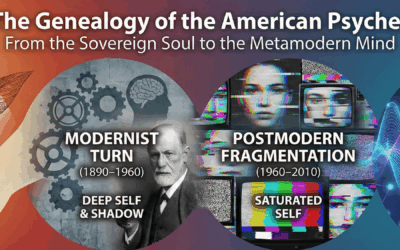
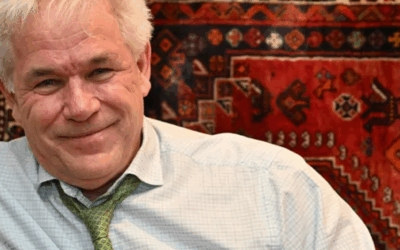
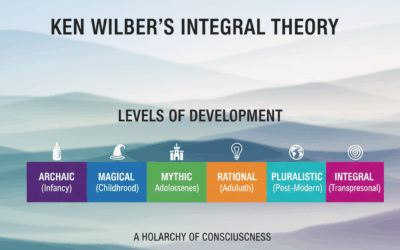
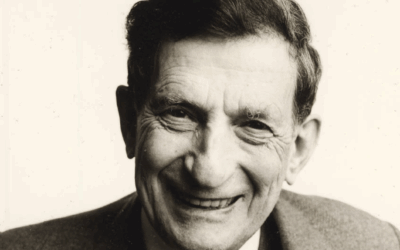

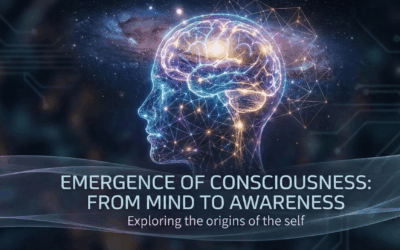
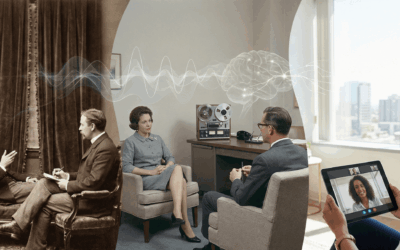
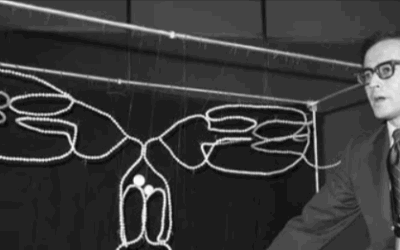
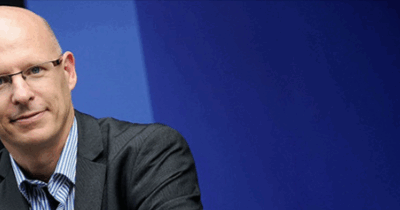
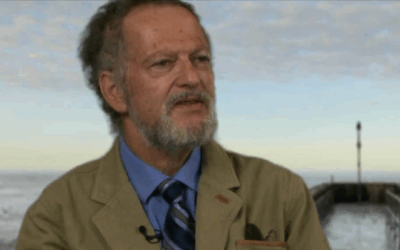

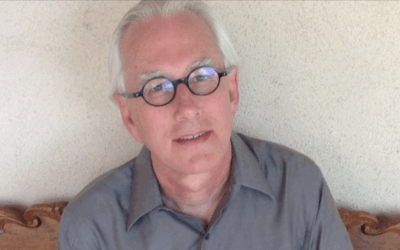
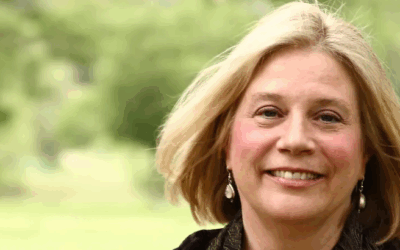
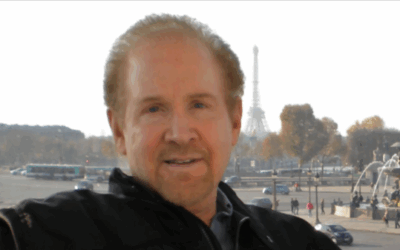
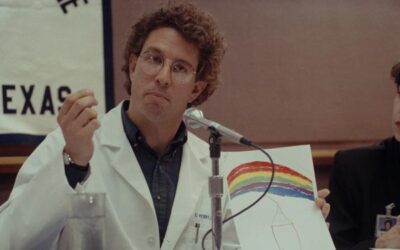

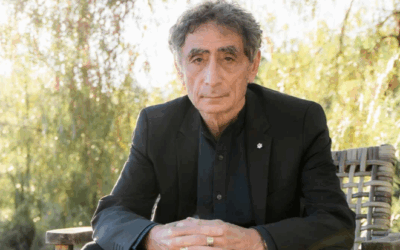
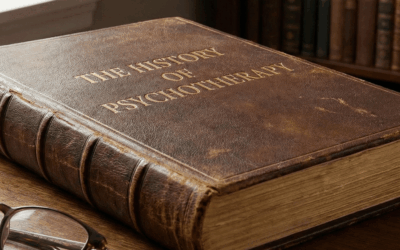
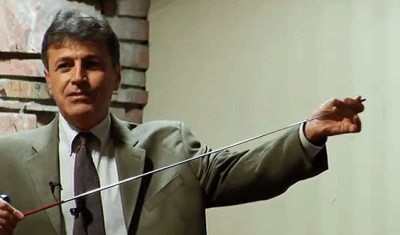

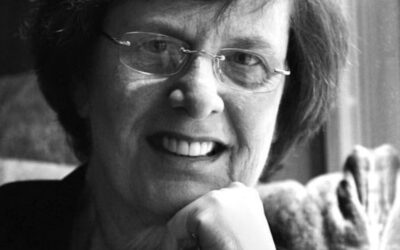
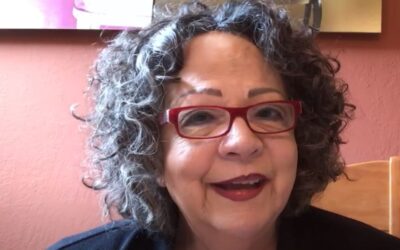
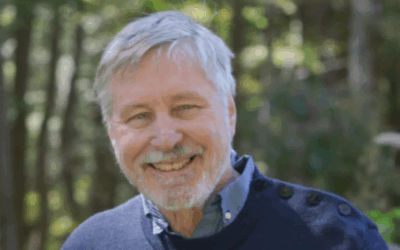
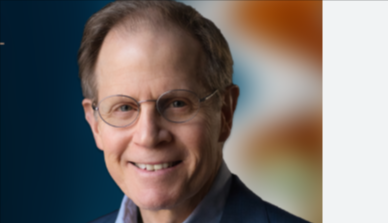
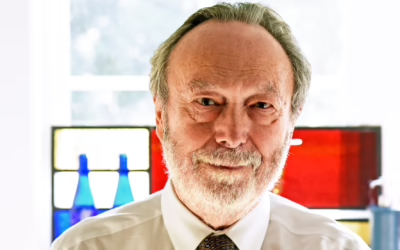
0 Comments